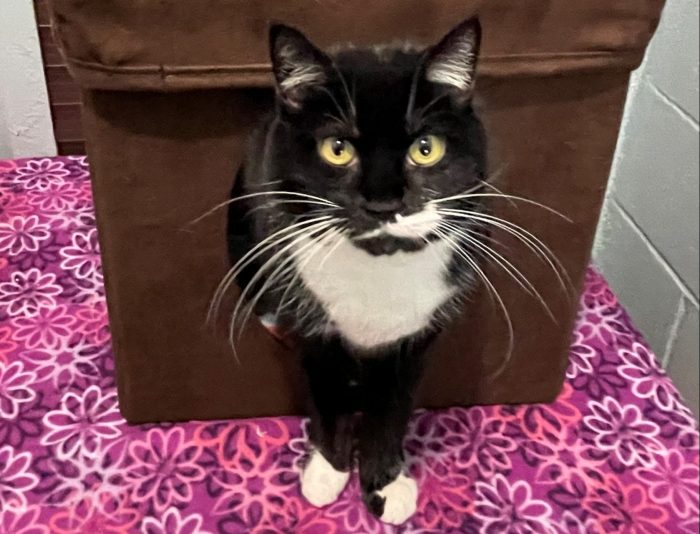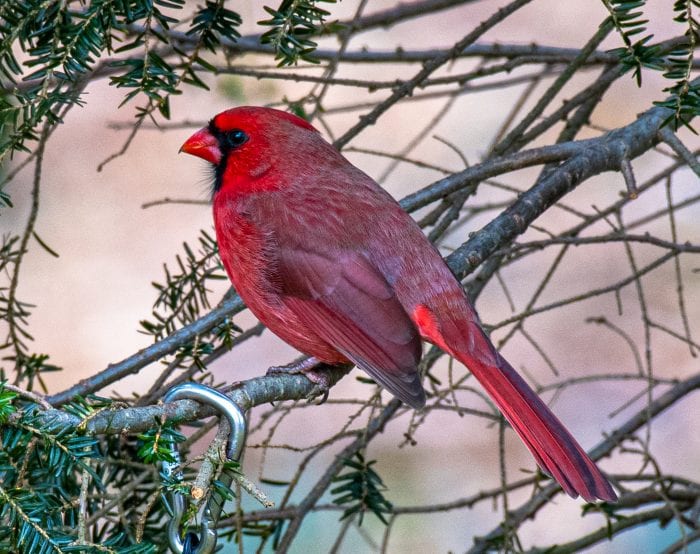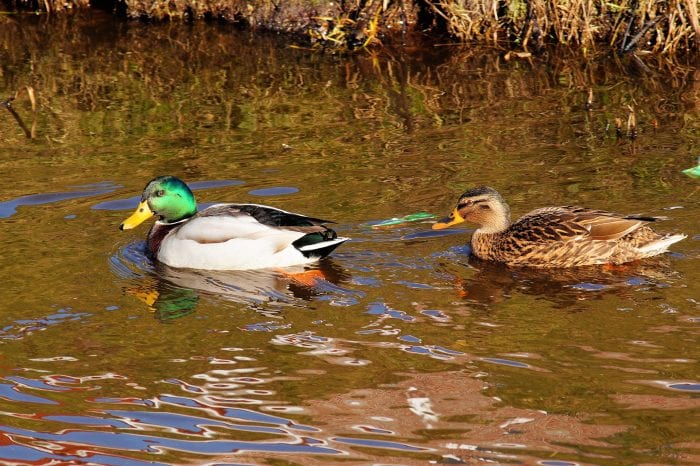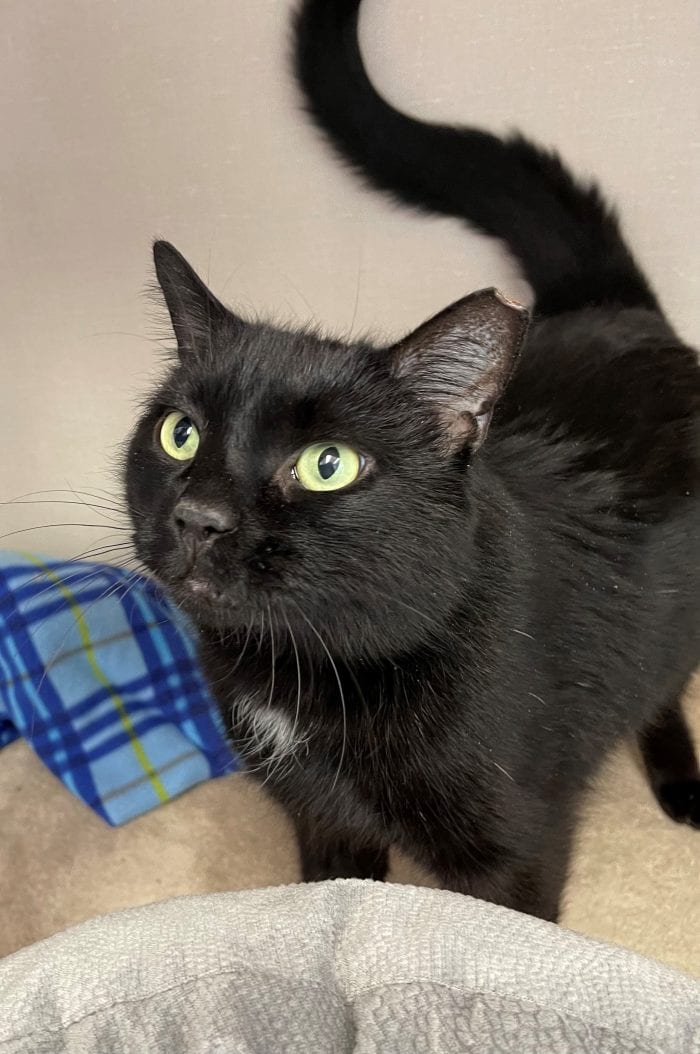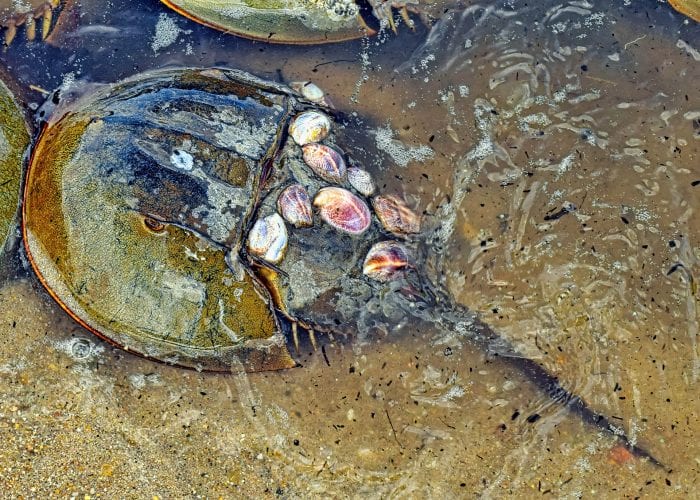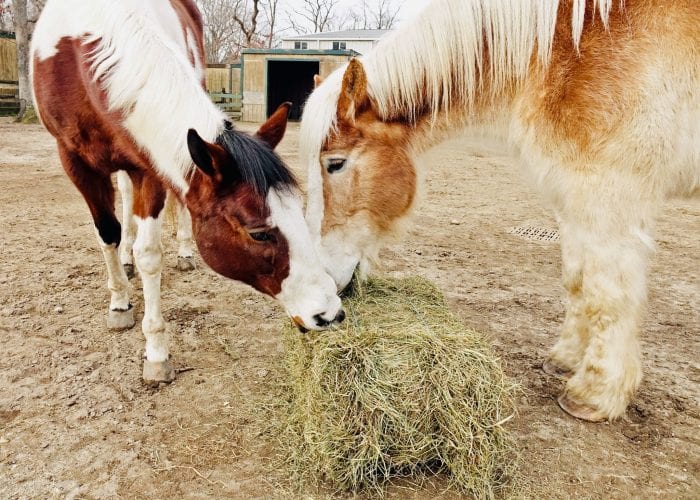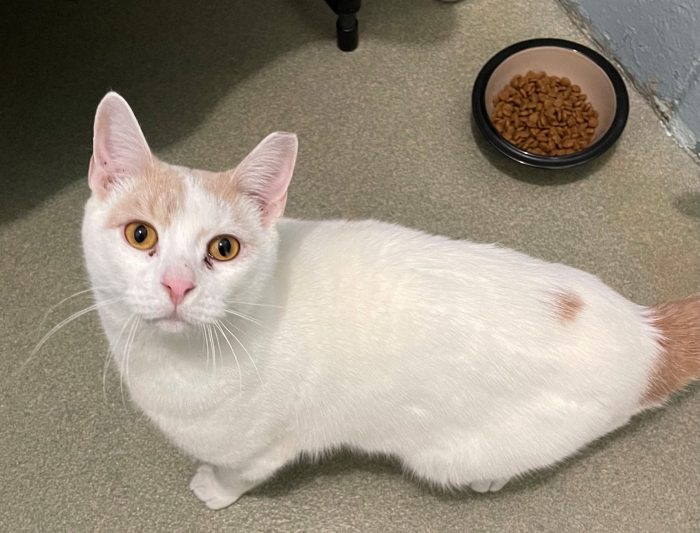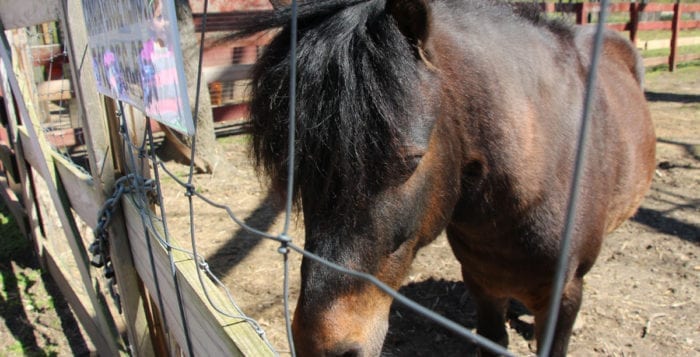By Matthew Kearns, DVM
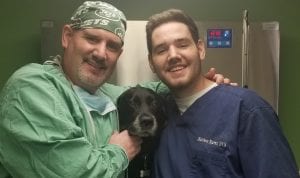 It seems that after we have a few warm winters, Mother Nature wants to let us know she can “still bring the pain.”Our pets feel it also. Here are a few tips to keep our pets safe during this cold weather.
It seems that after we have a few warm winters, Mother Nature wants to let us know she can “still bring the pain.”Our pets feel it also. Here are a few tips to keep our pets safe during this cold weather.
Hypothermia is a problem in pets as well as people (especially in breeds with a shorter coat). The very young, the very old and the debilitated have more trouble maintaining normal body temperature so limit time outside for any indoor/outdoor pet. Also consider a sweater or coat for a short-coated breed (I have seen some really stylish outfits already this winter). Cold air can be very difficult on pets with diagnosed respiratory or cardiac conditions. Consider (if possible) training your pet on “wee-wee” pads so they do not have to go outside if they have a cardiac or respiratory condition.
Frostbite occurs more readily in areas with less hair (e.g., the ear tips, nose, bottom of the feet/pads, etc.) so monitor for sudden areas of hair loss and bring it to your veterinarian’s attention. Skin and nails become dry and brittle in the cold, dry winter weather and rock salt used to melt ice can be very irritating to our pet’s feet. Try to let your pet out only on grass (if possible). If you are forced to walk your pet on the street always wipe their feet or consider booties. Snow can hide sharp objects so be careful about letting your dog run in fields that have not been maintained or they may step on broken glass (or another sharp object) without realizing it.
 Arthritis is a condition that will be exacerbated by cold weather just the same as humans. Arthritis is also complicated by weight gain and weight gain is common in pets in cold winters due to inactivity. Consider giving a little less food and be very judicious with treats (COVID has fattened up some pets at our practice with owners working from home). Pets with arthritis are more likely to slip on snow or ice so make sure to clear a path for them when they go out and assist them if necessary. Joint supplements are excellent year-round but, if you have forgotten to continue through the winter we recommend restarting immediately.
Arthritis is a condition that will be exacerbated by cold weather just the same as humans. Arthritis is also complicated by weight gain and weight gain is common in pets in cold winters due to inactivity. Consider giving a little less food and be very judicious with treats (COVID has fattened up some pets at our practice with owners working from home). Pets with arthritis are more likely to slip on snow or ice so make sure to clear a path for them when they go out and assist them if necessary. Joint supplements are excellent year-round but, if you have forgotten to continue through the winter we recommend restarting immediately.
Non-Steroidal Anti-Inflammatory Drugs, or NSAIDs for short can be helpful on bad days as long as used judiciously. Make sure to consult with or, better yet, purchase those medications from your veterinarian. Not all older pets (especially those with pre-existing conditions that may be on other medications) can handle NSAIDs and not all over the counter NSAIDs are safe for pets. We routinely run bloodwork to evaluate liver and kidney function for older pets that need NSAIDs.
I hope these tips help to get our pets through this wicked winter we are experiencing (especially since Punxatawney Phil saw his shadow).
Dr. Kearns practices veterinary medicine from his Port Jefferson office and is pictured with his son Matthew and his dog Jasmine.


